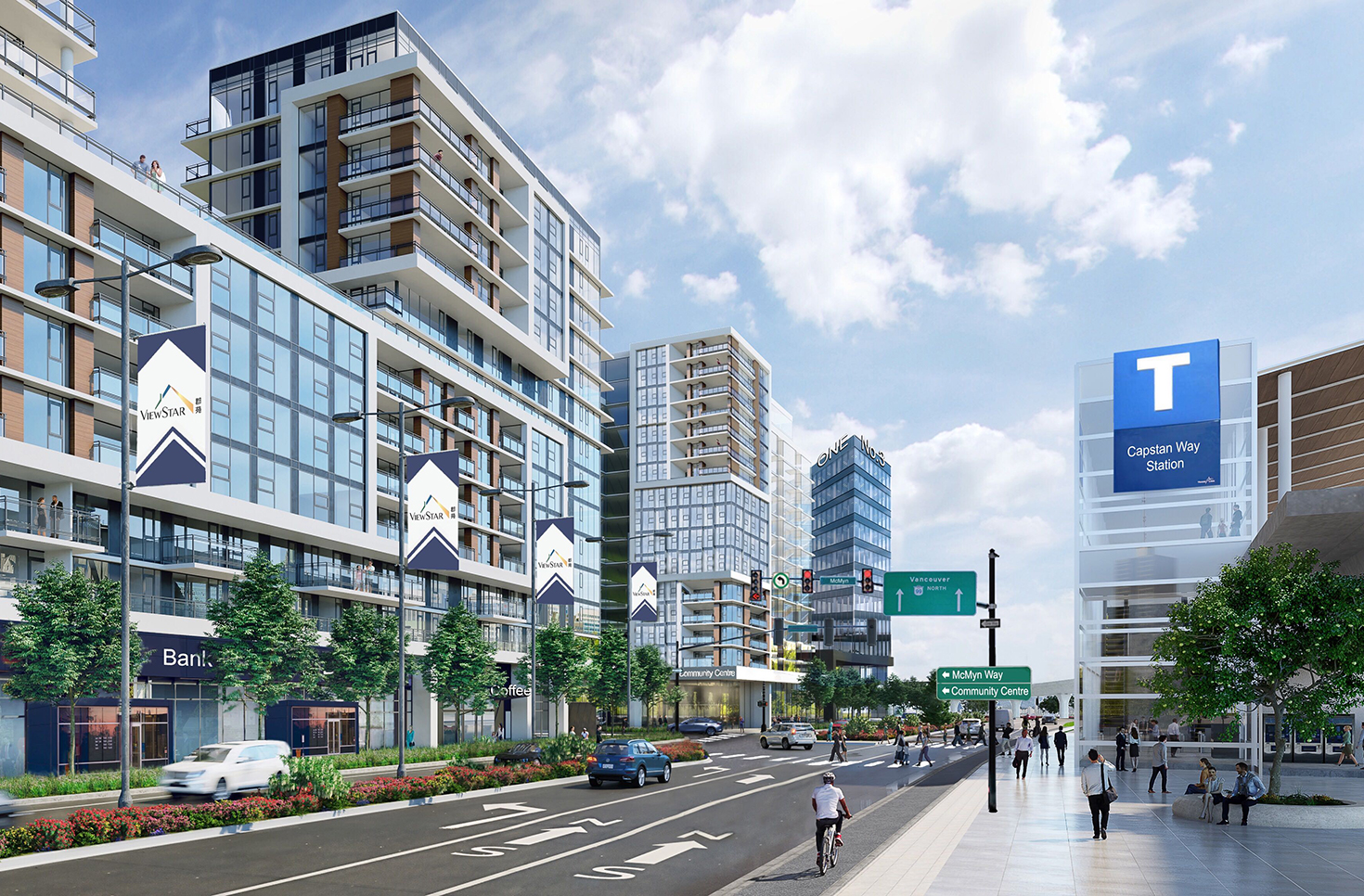
A recent report jointly commissioned by the federal and provincial governments pointed out that the municipal government’s policy is a major obstacle to increasing the affordability and supply of housing in British Columbia, especially in Metro Vancouver.
The provincial government must take strict measures to allow municipalities to adopt coordinated and effective methods to promote housing construction. Currently, the rezoning process, especially for large-scale development projects, can take several years and is a challenging process for municipal staff and city councils to achieve policy objectives.
Reviewing application in a timely period without the proper technology to process proposals was one of the problems municipalities faced. To solve this problem, the report suggests that the provincial government should establish a province-wide digital development license system to meet the needs of the city and industry in a streamlined, timely, and cost-effective manner.
The City of Vancouver relies on on-site rezoning when submitting applications. When the CAC is not pre-determined based on a flat rate based on floor area, you may get more Community Service Contributions (CAC) from the developer. In 2020, The Vancouver City council improves the timeliness and transparency to appease the complaints from the development industry. Despite area-specific target rates, CACs is largely determined through consultation with city staff.
“Going forward, the City is committed to working with the development industry to expand upon our existing internal process for resolving disputes that may arise during the CAC negotiations, whereby an escalation process will be considered so that decisions can be made to help determine a fair CAC offering from rezoning applicants,” reads a City of Vancouver staff report in January 2020.
“The principle of negotiated CACs is to capture a portion of the increase in land value as a result of the rezoning to help fund growth costs. After taking into consideration development risks, public interests and a reasonable developer profit, CACs generally represent 75% of that increase in land value resulting from the proposed rezoning.”
Cities are increasingly independent of CACs to fund new community centres, recreational facilities, parks, libraries, childcare, transportation infrastructure and social housing. The City of Vancouver claims that financing these assets through developer revenue is preferable to increasing property taxes, but the reports form the federal and provincial government indicates that the city government has gone too far because of unexpected adverse effects.
The City of Vancouver had a 2019-2022 capital plan that went for $2.9 million for new and enhanced facilities and infrastructure. $1.6 million is dependent on developers with $953 million in CAC cash and development cost tax (DCLs) combined. $570 million in CAC for developers to complete specific services or revenue instead of contributing cash.
“CACs are often negotiated between property developers and local governments, without clear indication of how long the process will take or the exact conditions for rezoning approval in advance of project proposals,” reads the government panel report. “Such delays not only add costs, including carrying costs of land and staff, but also risk reducing the number of projects that would otherwise be proposed.”
“Because zoning-based revenue tools such as CACs discourage local governments from updating zoning codes to better reflect Regional Growth Strategy and Official Community Plan (OCP) priorities, a fourth challenge stemming from these tools is that they risk undermining the participatory planning process. For example, if a community has already consented to the creation of more density along a major new transit corridor, it arguably follows that zoning and servicing infrastructure should be rapidly updated to reflect this priority, rather than reflecting the pre-OCP consultation status quo.”
Community Amenity Contribution is providing so much revenue to help Vancouver’s infrastructure development it would be reasonable for the government to maximize this revenue. The negotiation process is taking much longer than needed for not pre-determined rate forcing developer to bare additional cost on holding the piece of land. Municipalities plans to increase CAC in the year of 2022. For example, Surrey will increase to $40 per sqft and $15,000 per dwelling unit. Increasing CAC is not necessarily a bad thing due to densification; additional facility needs to be funded to support more residents in the area. However, the process is not standardized and provided the municipalities many edges in the negotiation process causing the redevelopment time to be substantially longer hurting housing affordability. A more standardized system is needed to ensure the process is transparent and smooth.
